Hyundai Motor Group, Aramco and KAUST collaborate on new e-fuel for novel combustion system
Green Car Congress
MARCH 30, 2022
Hyundai Motor Group will collaborate with the Saudi Arabian Oil Company (Aramco) and King Abdullah University of Science and Technology (KAUST) jointly to research and develop an advanced fuel for an ultra lean-burn, spark-ignition engine that aims to lower the overall carbon dioxide emissions of a vehicle.


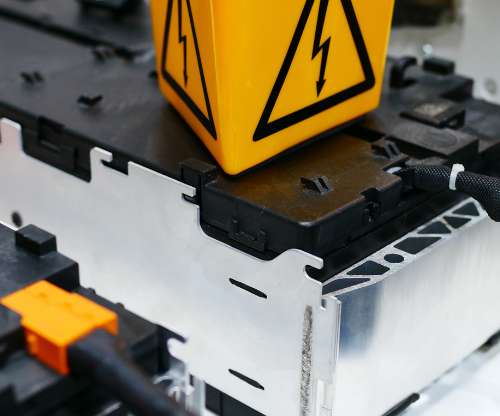

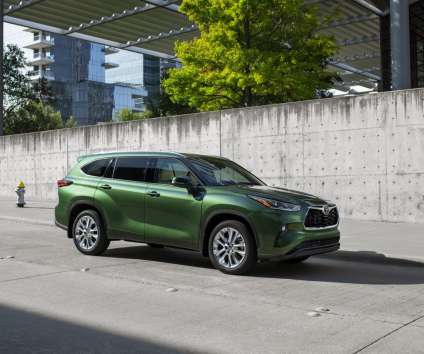


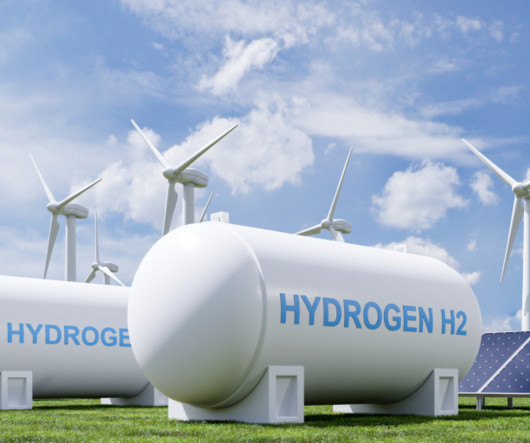









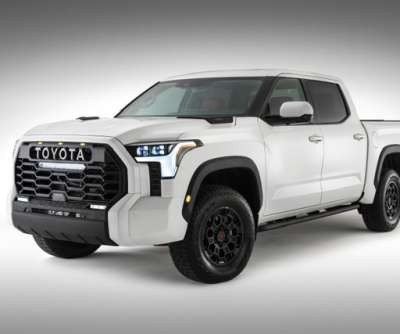






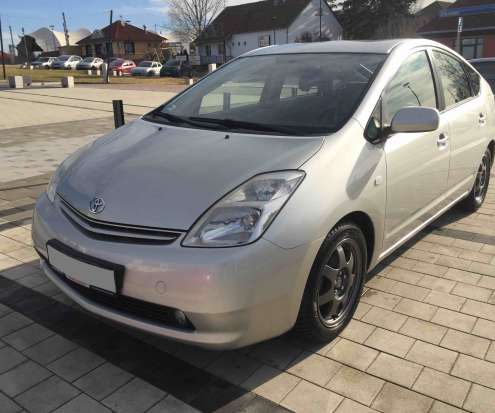





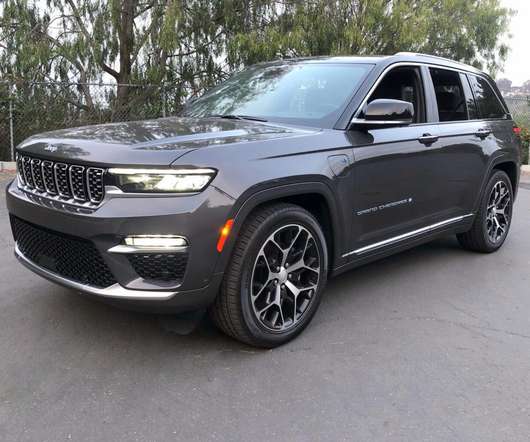










Let's personalize your content